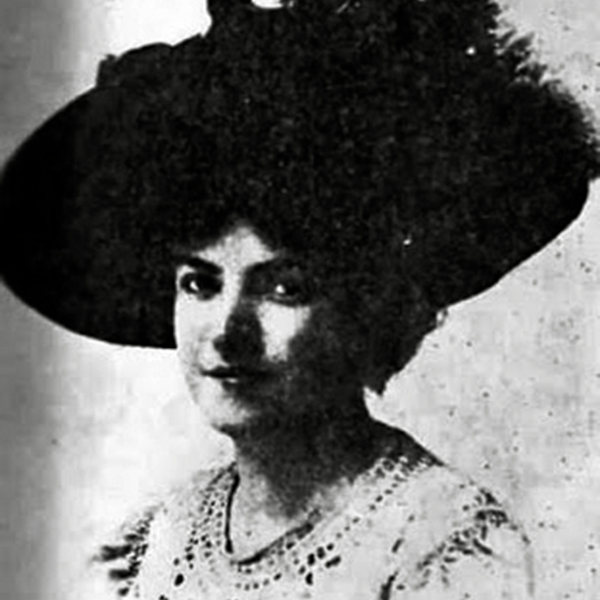
Who is Celile Hikmet (1880 Thessaloniki -1956 Ankara)
He mostly worked on nudes and portraits. His own portrait, the portraits of his son Nâzım Hikmet, his grandson, and his nephew Oktay Rıfat are among his successful works.
He was born in 1880 in Thessaloniki, where his father was on duty. Her mother, Leyla Hanım, was the daughter of Ottoman general Mehmet Ali Pasha (Karl Detroit) of German origin; His father is Hasan Enver Pasha, a linguist and educator.
She was raised privately at home. While his father was Sultan Abdülhamit’s aide, he had the opportunity to take painting lessons from the court painter Fausto Zonaro. In her painting works, she focused on portraits, like other female painters of her generation. “Naked in the bath” was one of the topics he used most. He painted paintings dominated by pastel colors and mostly depicted his friends and relatives. In his youth, he was known as Celile Enver (after his father).
In 1900, she married Hikmet Bey, the son of poet Nazım Pasha, and took the name Galileo Hikmet. Hikmet Bey was a civil servant at the Ministry of Foreign Affairs in Thessaloniki. Their first child, Nazım, who would later become one of the important names of Turkish poetry, was born in Thessaloniki in 1901. His second child, Ibrahim Ali, born in 1905, died of pneumonia the following year. While they were in Aleppo, where the family moved due to Hikmet Bey’s job, their daughter, whom they named Samiye, was born (1907).
She broke up with Hikmet Bey in 1917 due to severe disagreements. She had a great love affair with the famous poet Yahya Kemal, whom she met when she was about to leave her first husband, Hikmet Bey; However, this relationship did not result in marriage as he wished. With the sadness of her separation from Yahya Kemal, she left Istanbul and went to Paris and became interested in painting there. After returning to Istanbul, she participated in group exhibitions; she opened personal exhibitions; She was among the most active female painters of the period. She had a short-lived marriage with a district governor named İbrahim Bey. After the Surname Law, she took the surname "Uğuraldım".
In 1938, he wrote a letter to President Atatürk asking for justice to the poet Yahya Kemal for his son Nazım, who was sentenced to 28 years and 4 months in prison for trying to incite the army to revolt, but he did not get any results. In 1950, in support of the hunger strike started by his son, who was in his twelfth year of imprisonment, and for his son's release, he collected signatures by holding a banner protest on the Galata Bridge, which attracted great attention throughout Istanbul, and started a hunger strike himself.
The artist, who lost his eyesight in his last years, died in Ankara in 1956.
Her life was compiled into a book by Osman Balcıgil under the name Ela Gözlü Pars Celile (2016) and made into a play by Ali Yalçıner under the name Celile.














